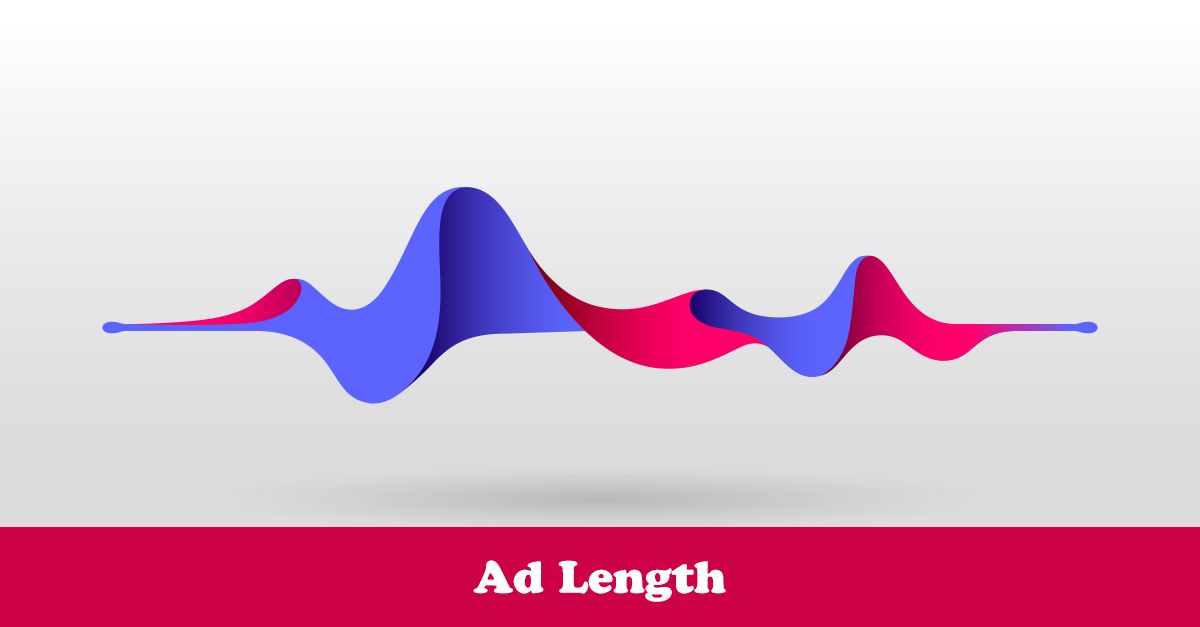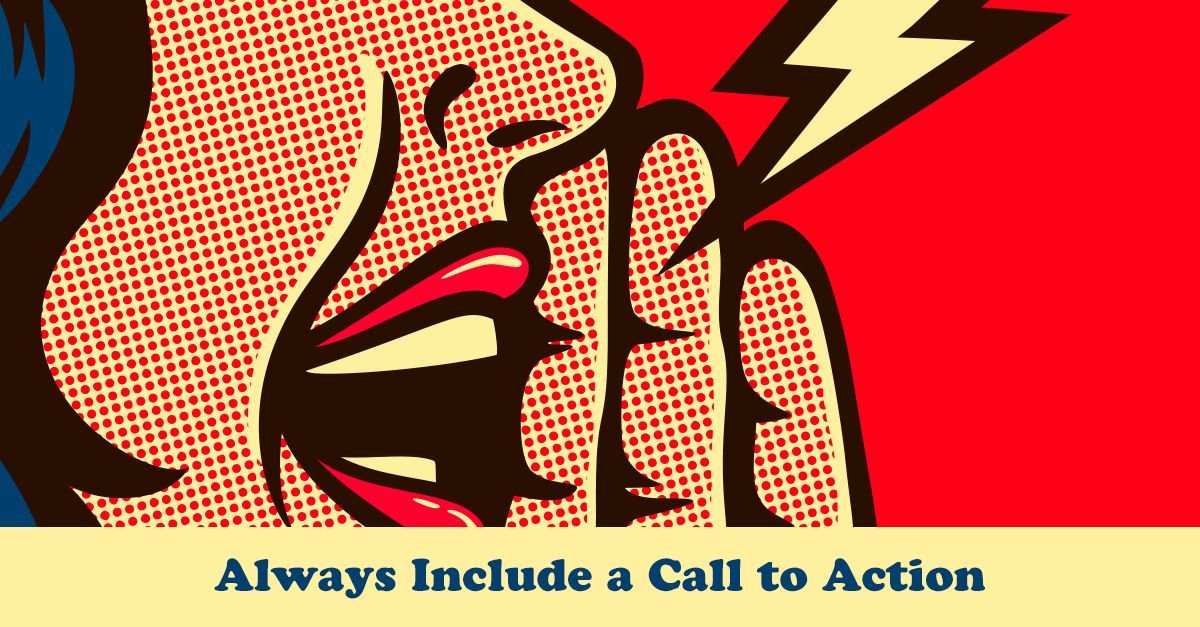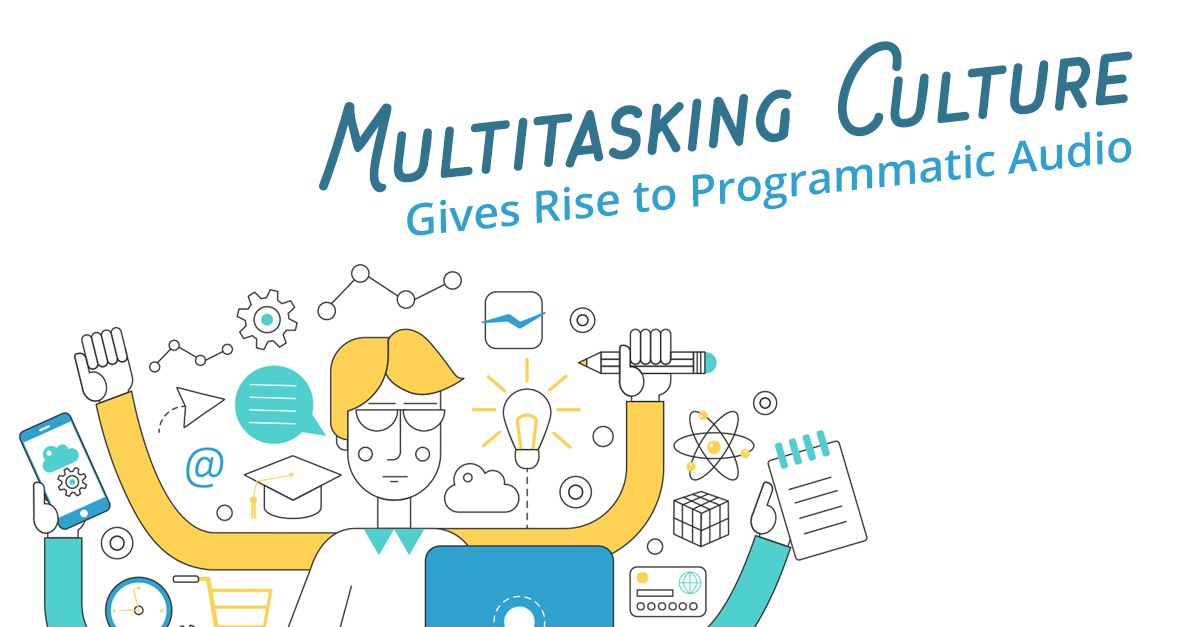
Businesses of today are always on the lookout for a better and more effective means of advertising, as well as any new digital marketing trends. Most of the digital marketers who lean towards success are utilizing programmatic digital media such as search, display, video, social and email marketing – all of which can be tracked and measured through proper attribution. However, audio ads, historically speaking, have not been able to be measured like that … until now!
- In 2018 a surge in streaming audio caused the fastest growth of music consumption in the UK since the late nineties.
- Platforms like Spotify have increased by 51.8% since 2016 to cover 68 million albums.
- Last year (2018) consumption of on-demand streams reached 611 billion, marking a 49% boost year over year.
- In the last five years, UK podcasts listeners almost doubled to reach 5.9 million people!
- As of early 2019, 67% of Americans ages 12 and older had listened to online radio in the past month, while 60% had listened in the past week. This is up slightly from 64% and 57%, respectively, in 2018, continuing online radio’s steady year-over-year.
- In 2019, 41% of Americans ages 12 and up have ever listened to online radio in a car using a phone, up from just 5% in 2010.
Programmatic audio-based ads have been around for a little while, but being in its infancy and without power to track its true effectiveness, Genius Monkey has left it alone. “Why dedicate dollars to a single channel, knowing a large chunk of those dollars will be lost … and you won’t even know which ones? We will only spend money on channels we know we can track, and move budgets across in real time to make sure you’re getting the highest ROI,” says Jeremy Hudgens, CRO at Genius Monkey.
As our readers know, we at Genius Monkey stay abreast of the newest marketing technology, and the next thing to go into our extensive bag of tricks is Optimize Audio. Now we are able to target and place ads right in front of consumers’ … ears! And we do this all while tracking from the impression of the audio, all the way down to a set of KPIs and conversions.
Genius Monkey is rolling out their highly anticipated Optimize Audio, allowing us to place audio ads on stations like Spotify, Pandora, iHeartRadio, Soundcloud, ESPN Radio, and the list goes on.
In light of this rollout, Genius Monkey has some helpful hints to succeed with your ads when an audio format is called for:

Ad Length
The thirty-second spot is a popular commercial length, but it may not work the best for every marketer. Shorter spots of 10-15 seconds can be a more effective way to hold listeners’ attention. You’ll need to try out different lengths to see what performs best for your particular situation.

Always Include A Call To Action
Every audio ad should include a clear Call to Action (CTA). When you’re targeting a specific channel, like smartphones, think about using a mobile-specific CTA, like “Text XXXX to receive a coupon.”

Keep It Casually Real
Because of the fact that a streaming audio is so intimate and personal, make sure your voiceover tone is calm and cool. Listeners are more receptive when brands use a conversational tone … as if you were speaking directly to the listener.

Keep Your Message Fresh
The creative can make all the difference in the world. Keep a couple of different ads running. This offers the audience a better listening experience, but also gives you a better insight into what ads work best. Don’t let the ads get stale.

You Won’t Know If You Don’t Measure
The way people engage with digital audio is very different from visual media. When setting audio KPI’s, be sure that you’re quantifying success in a way that is appropriate to the environment.
Whether audio, visual or any other means of getting your message out, we want to be your digital programmatic partner!



